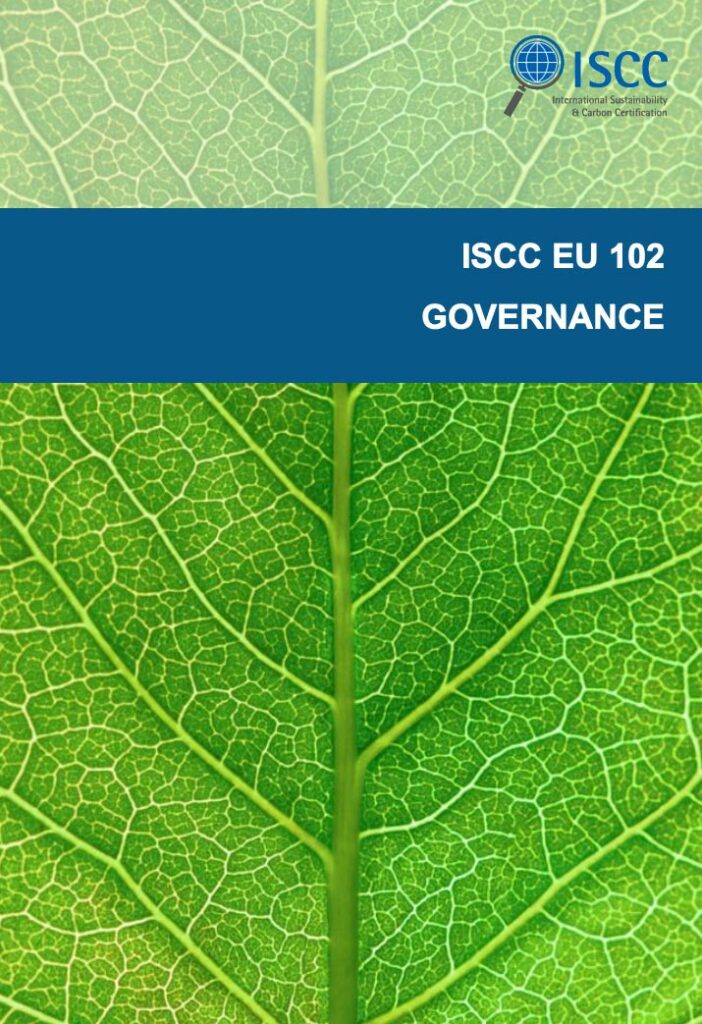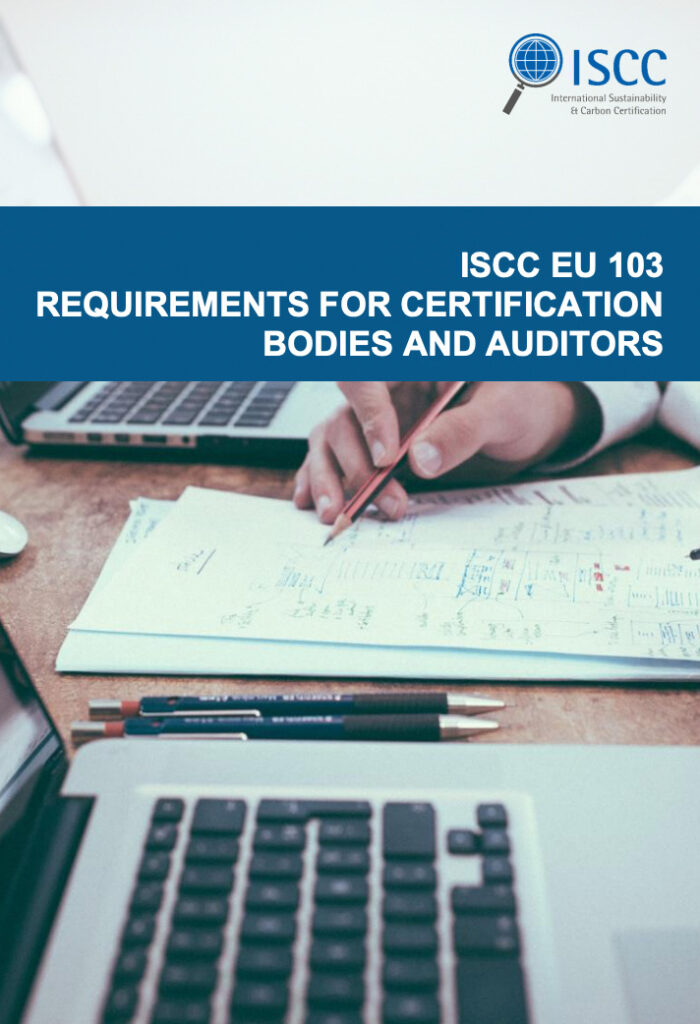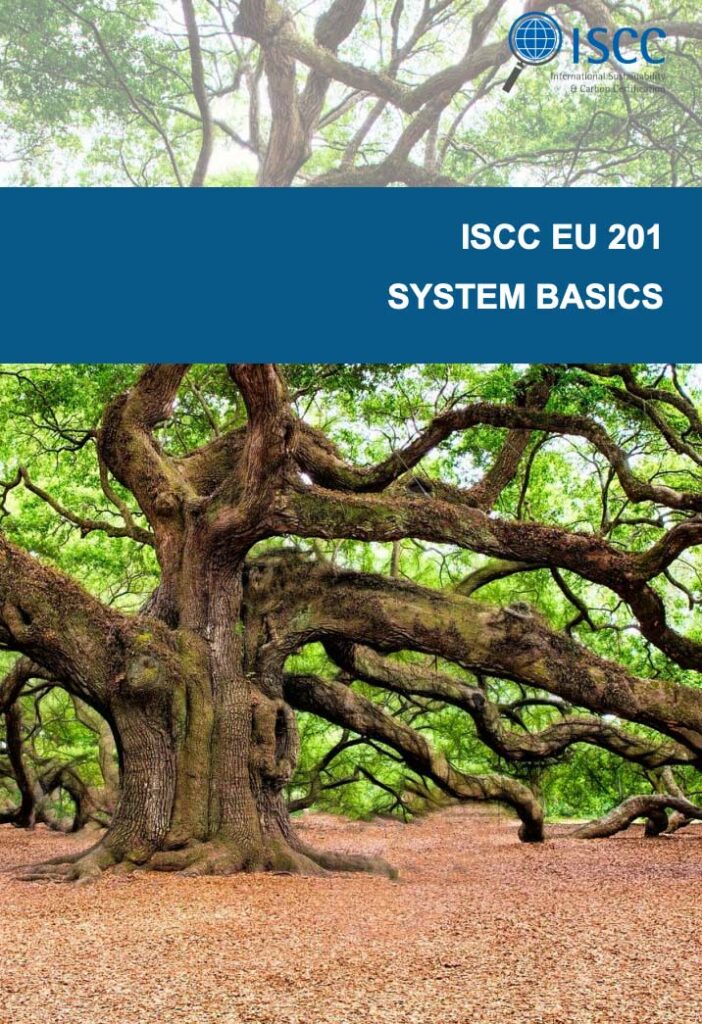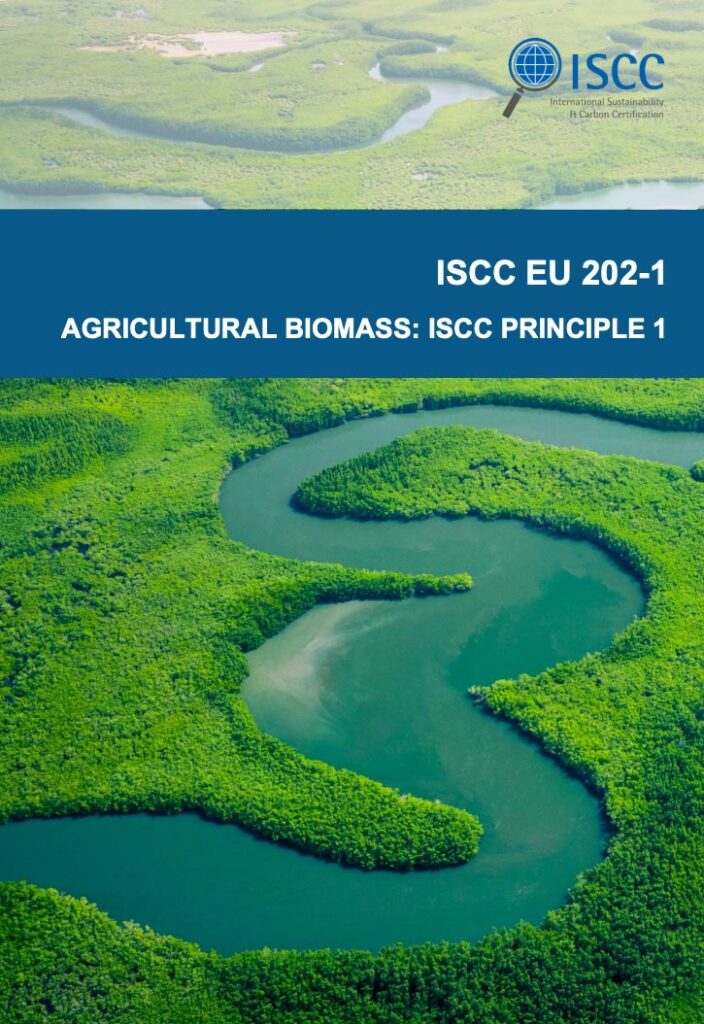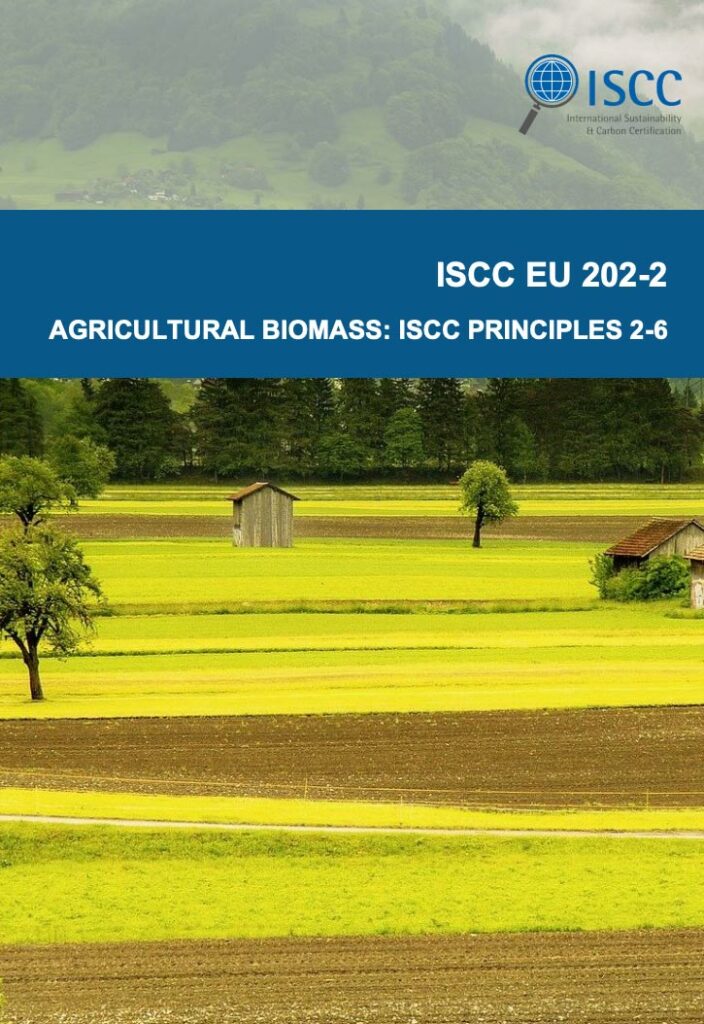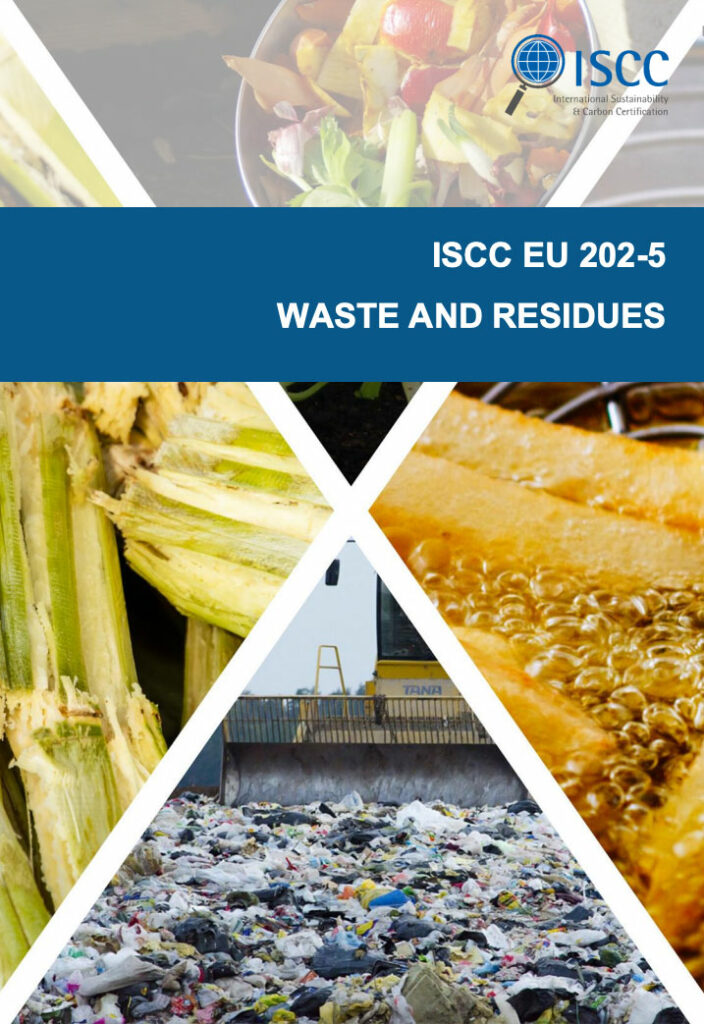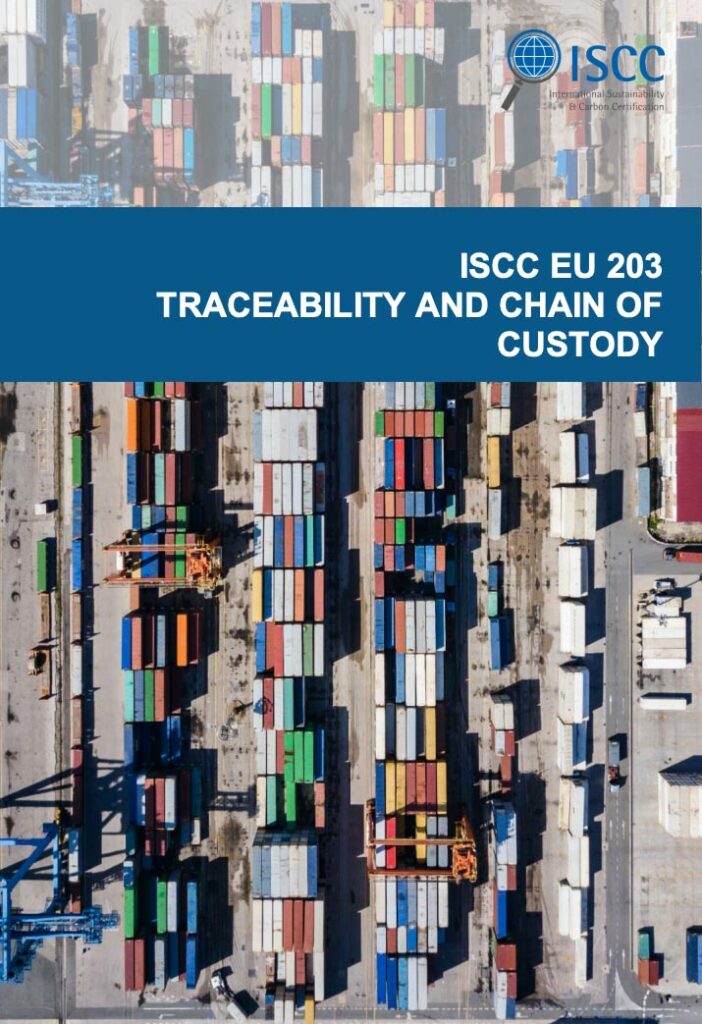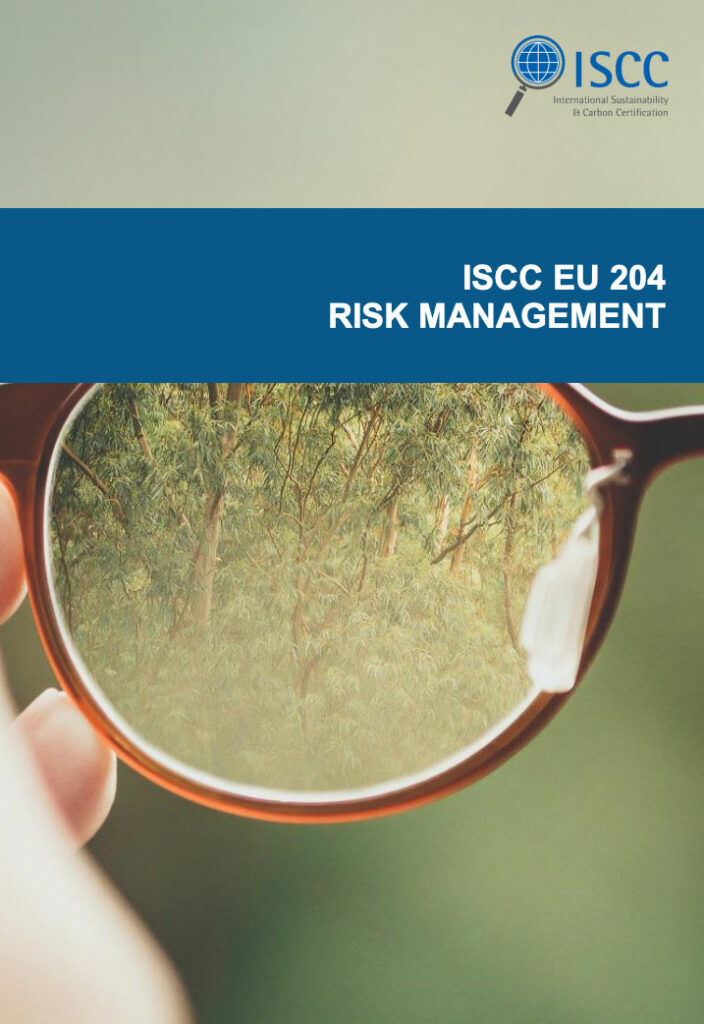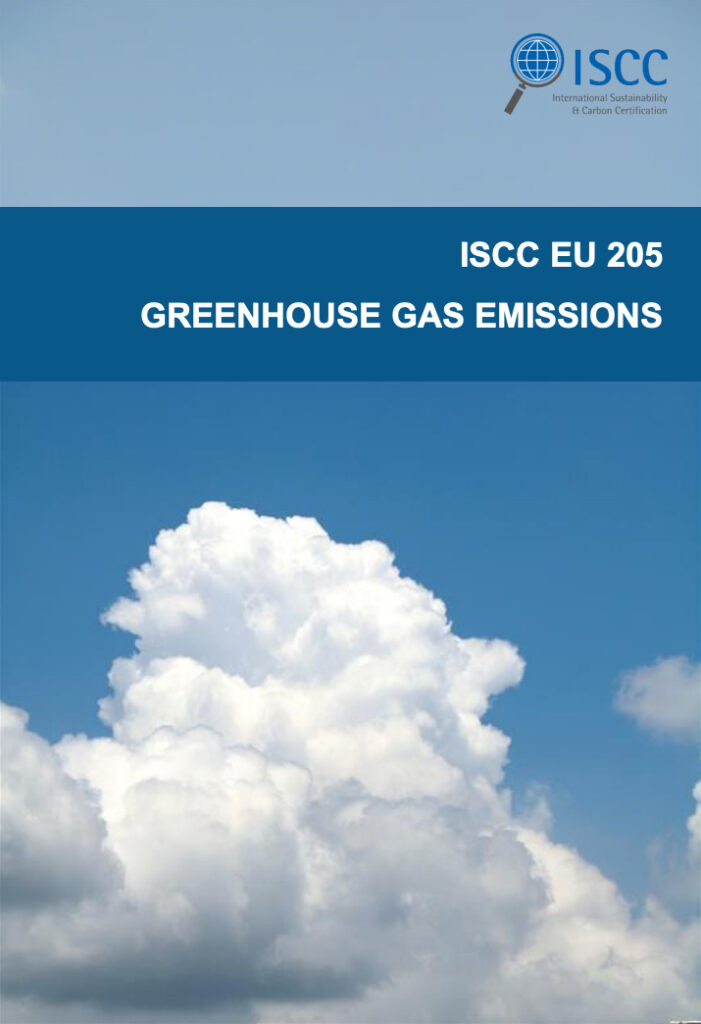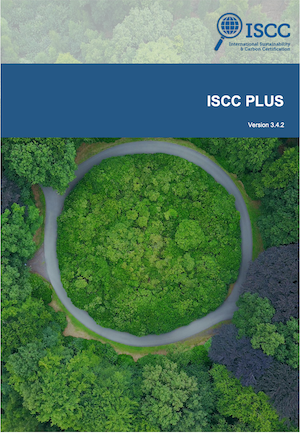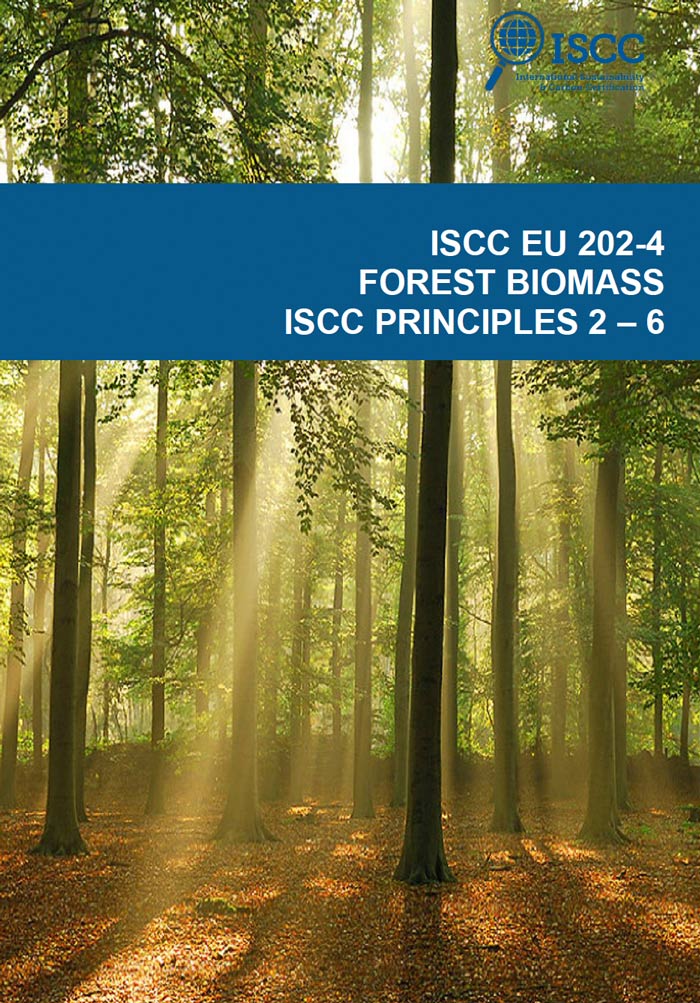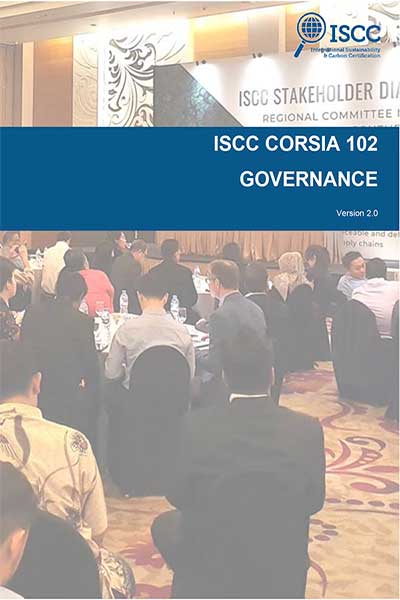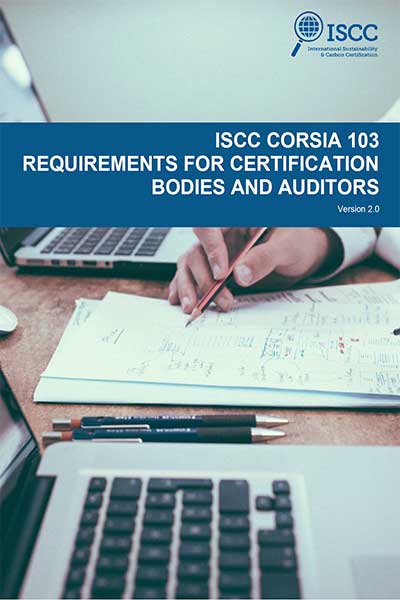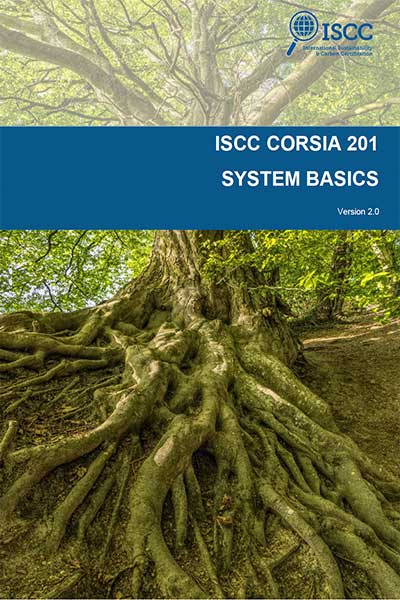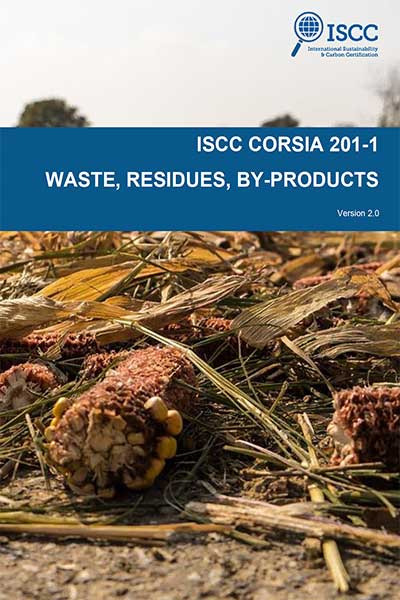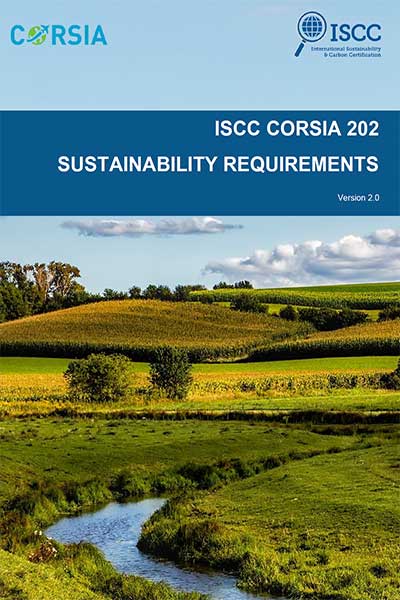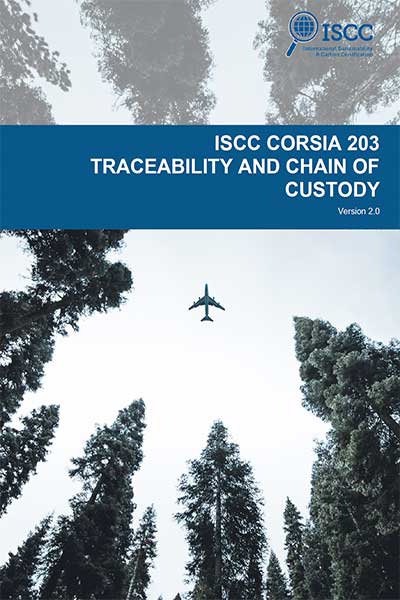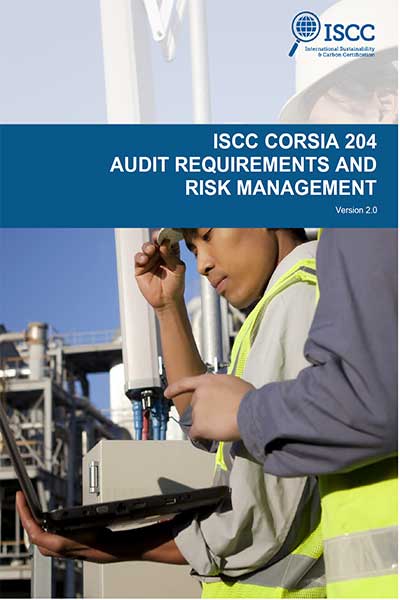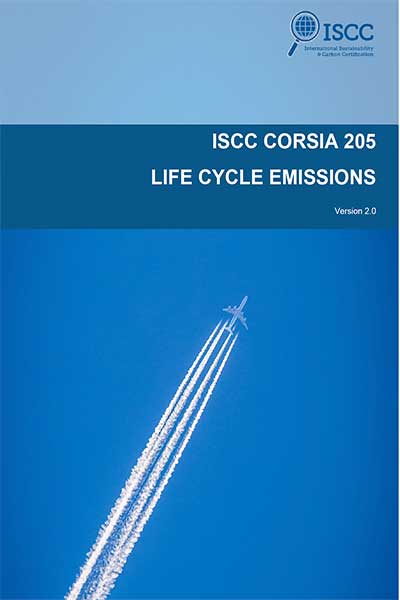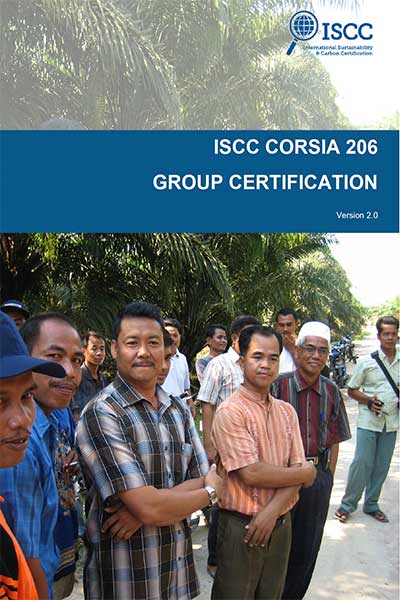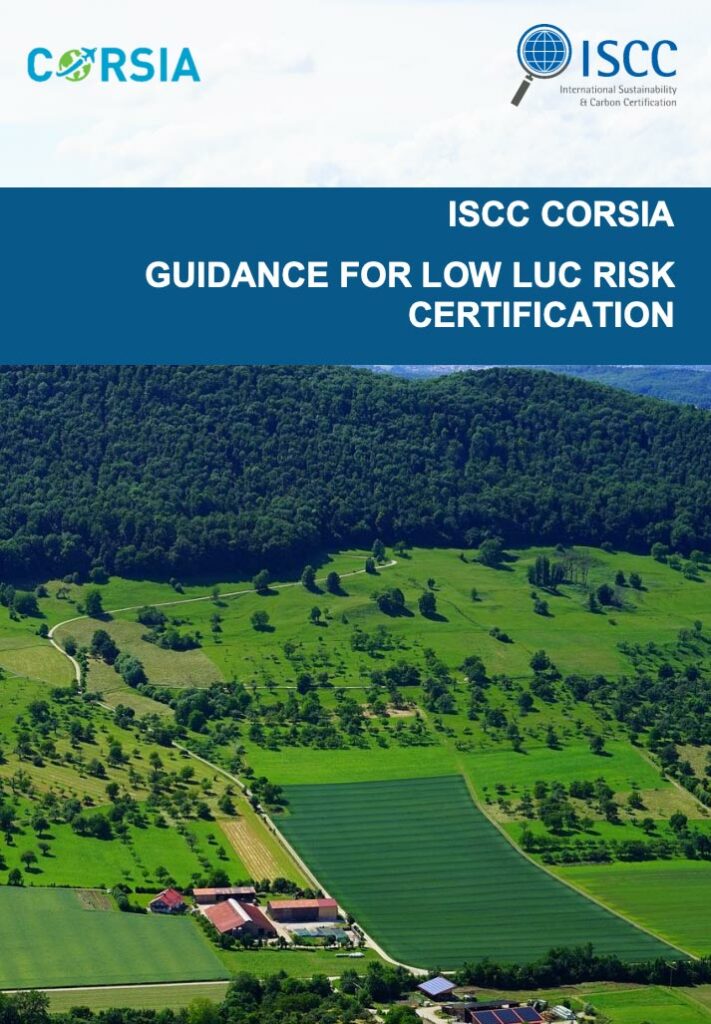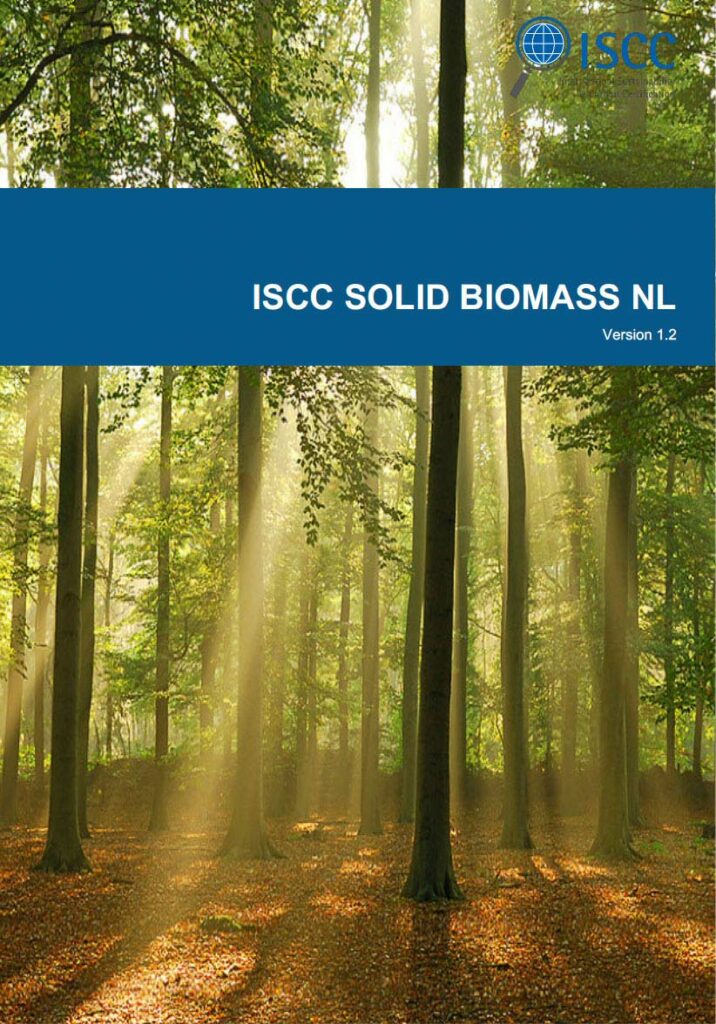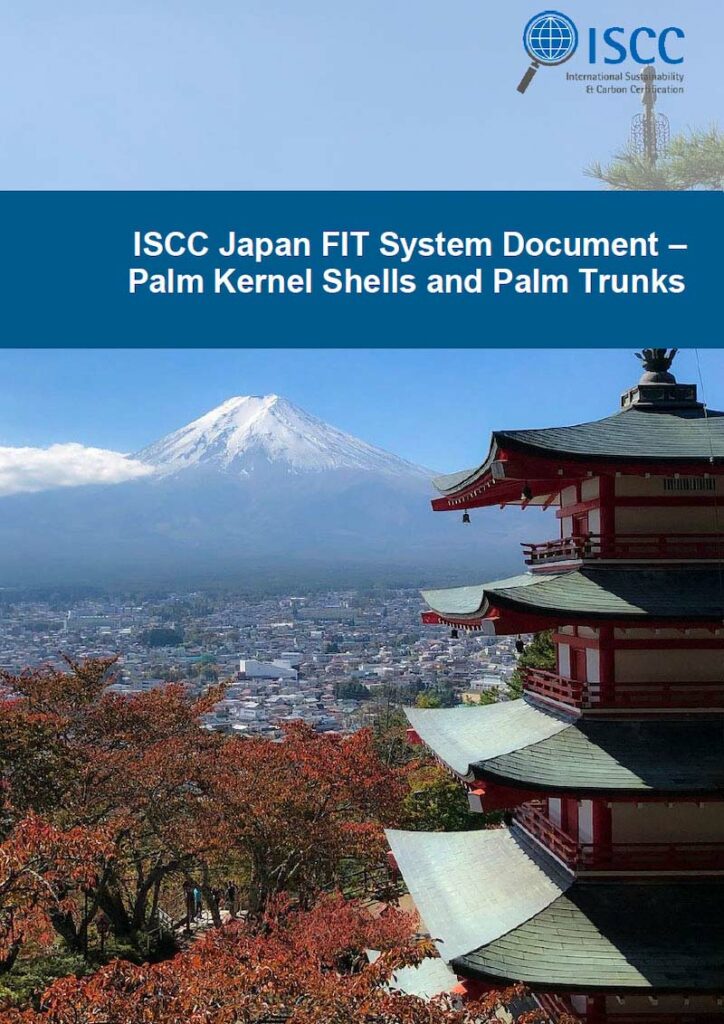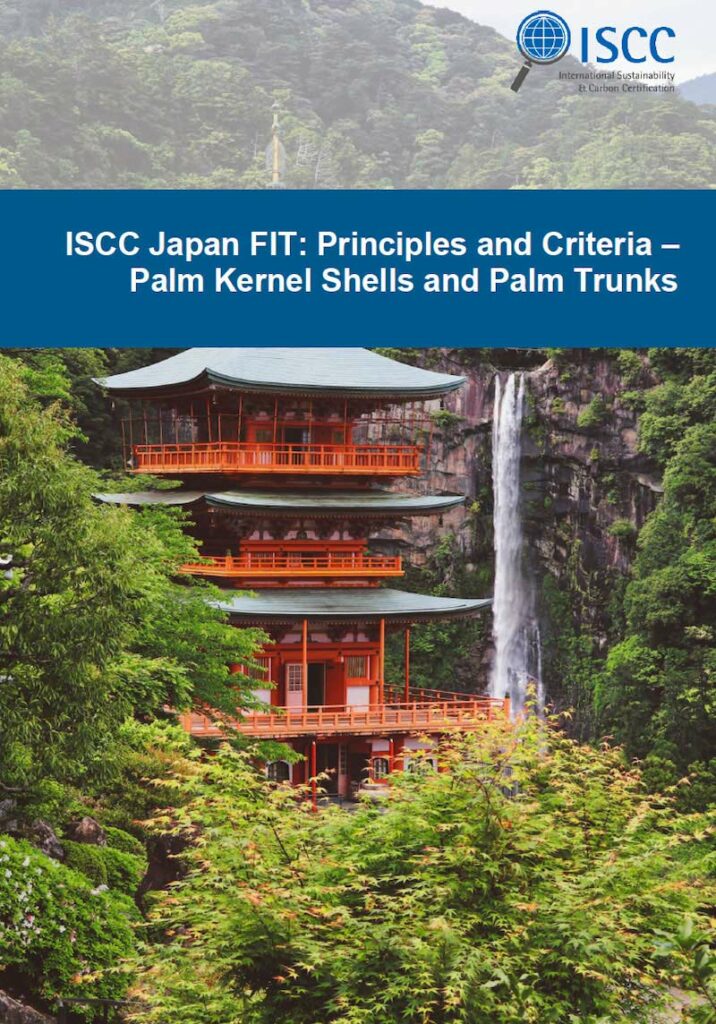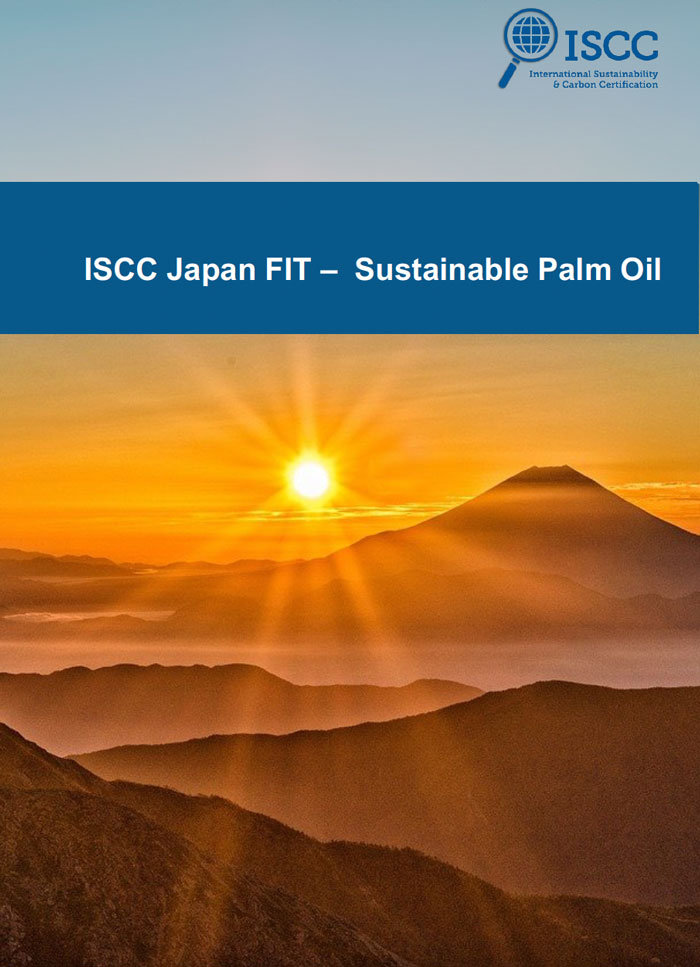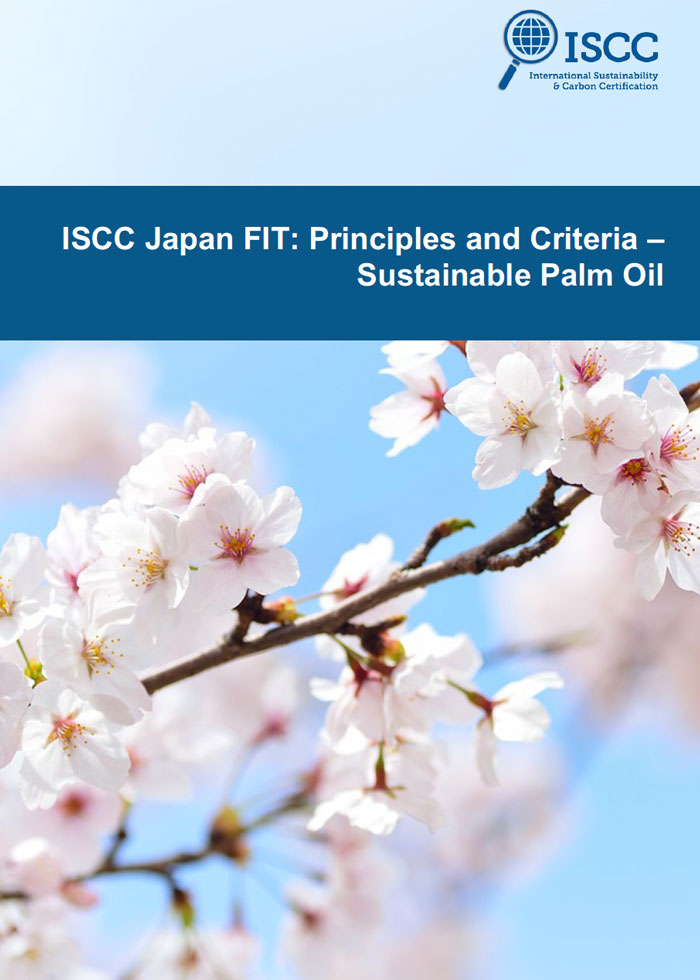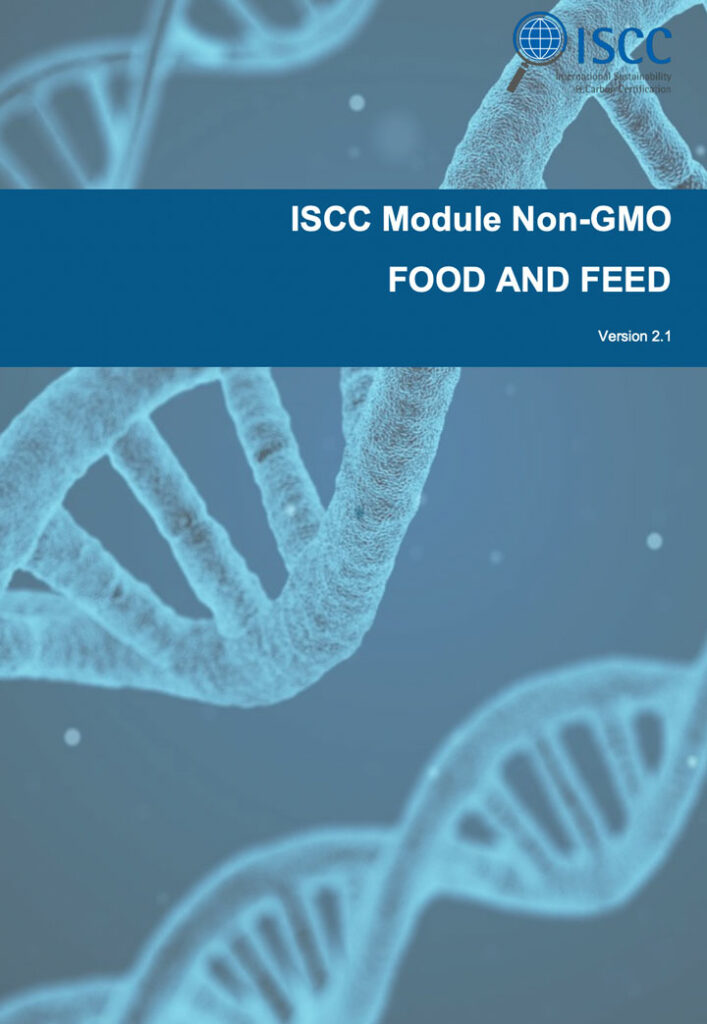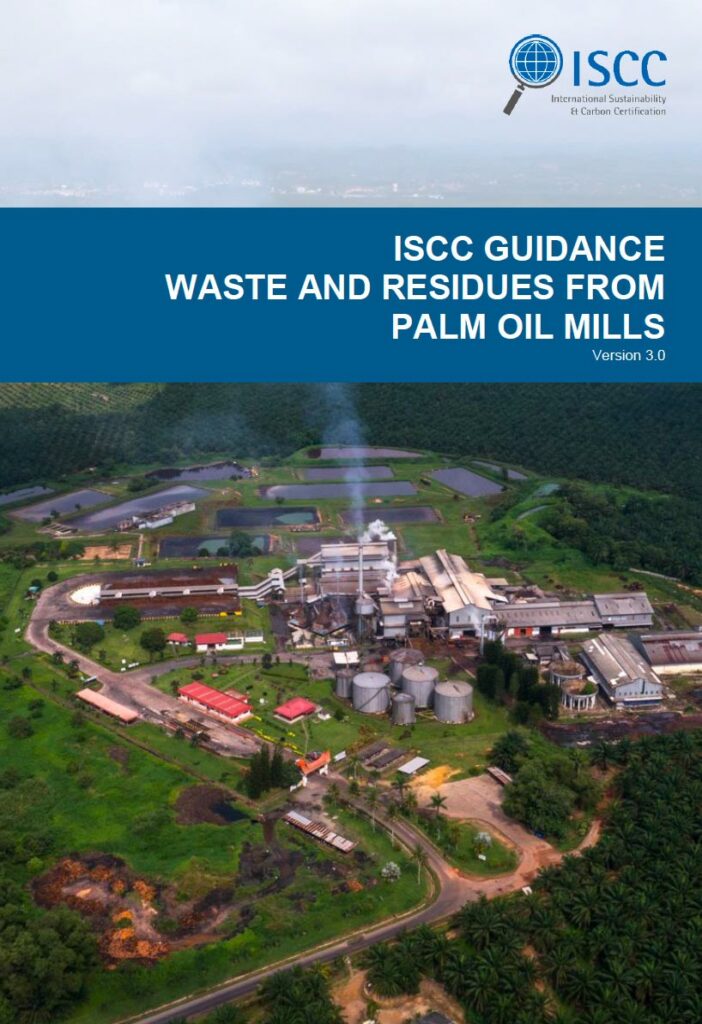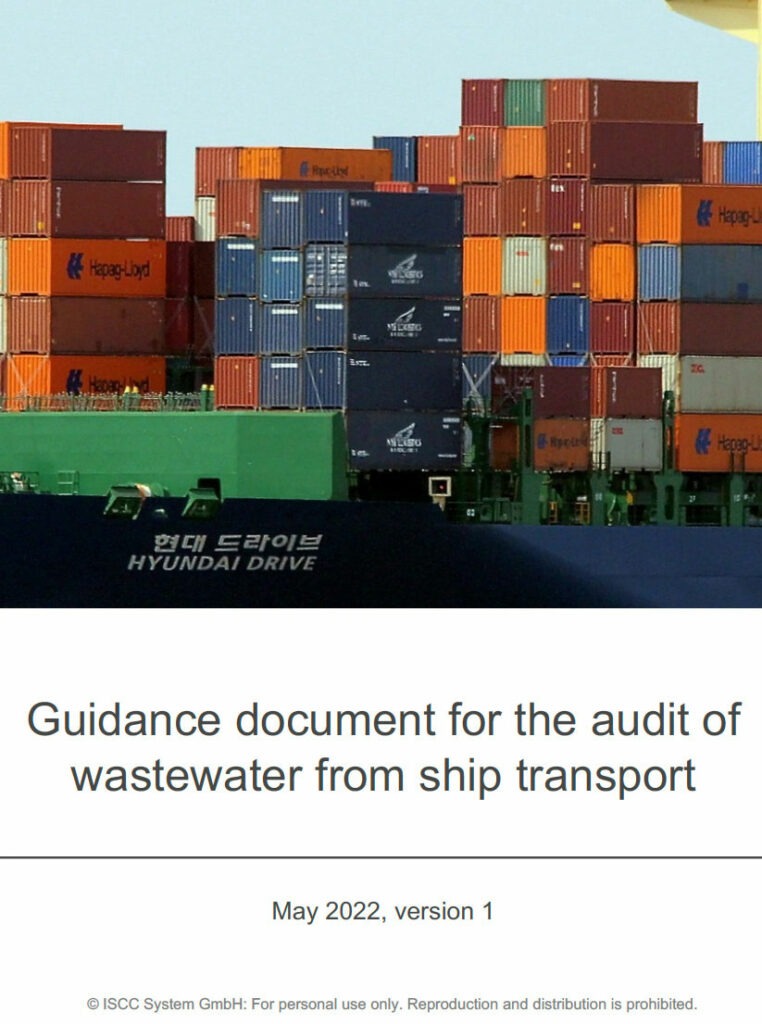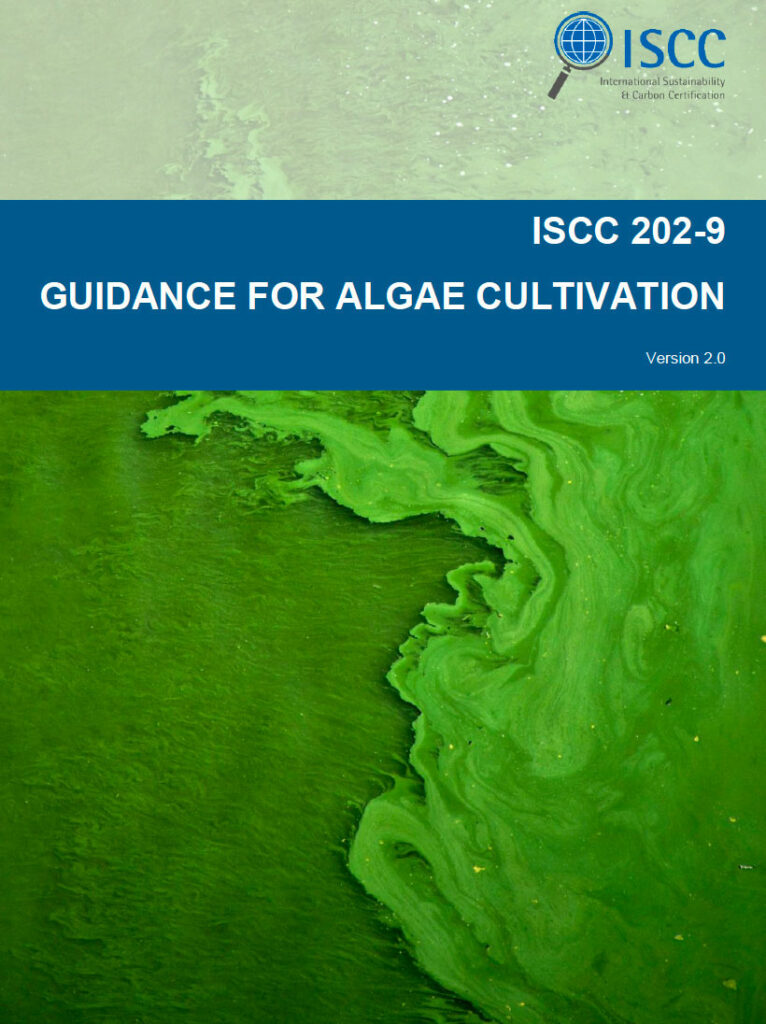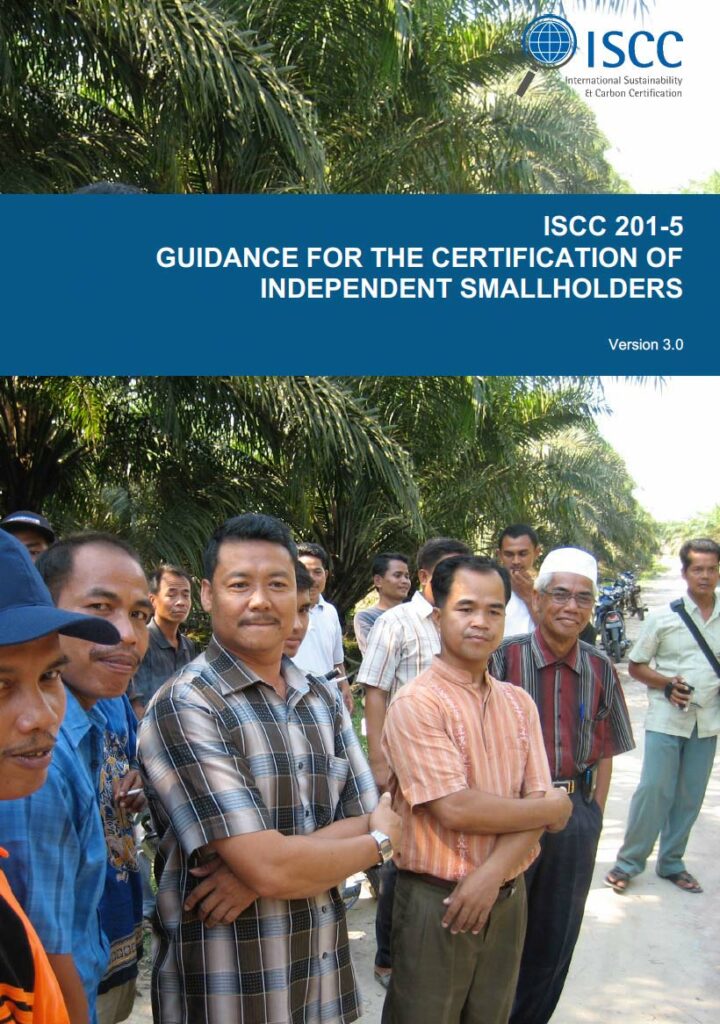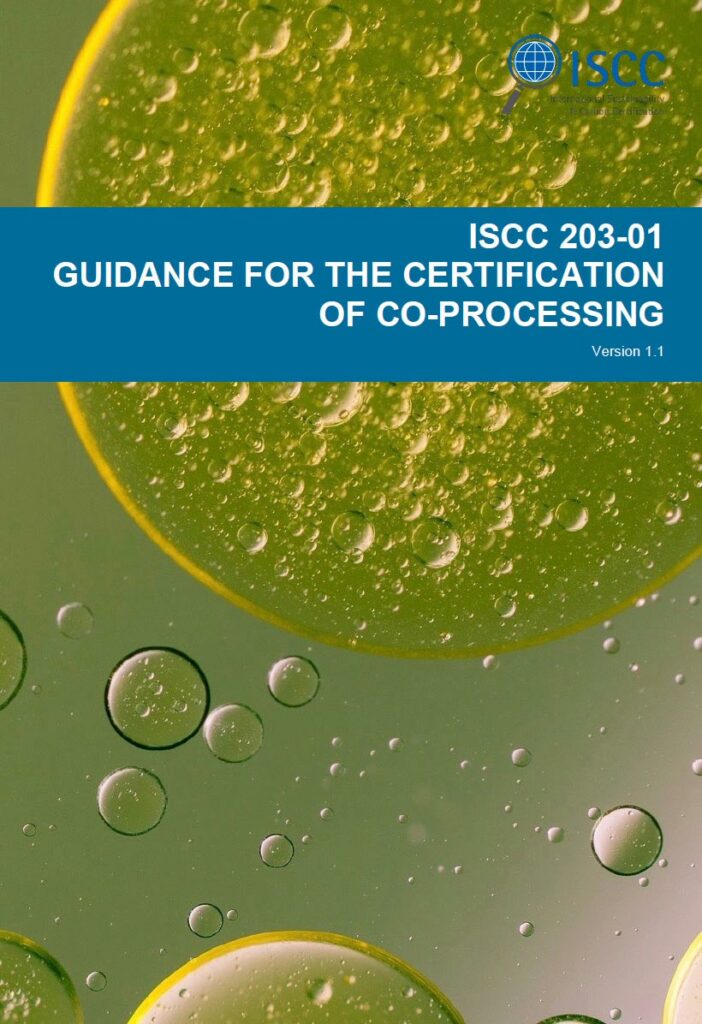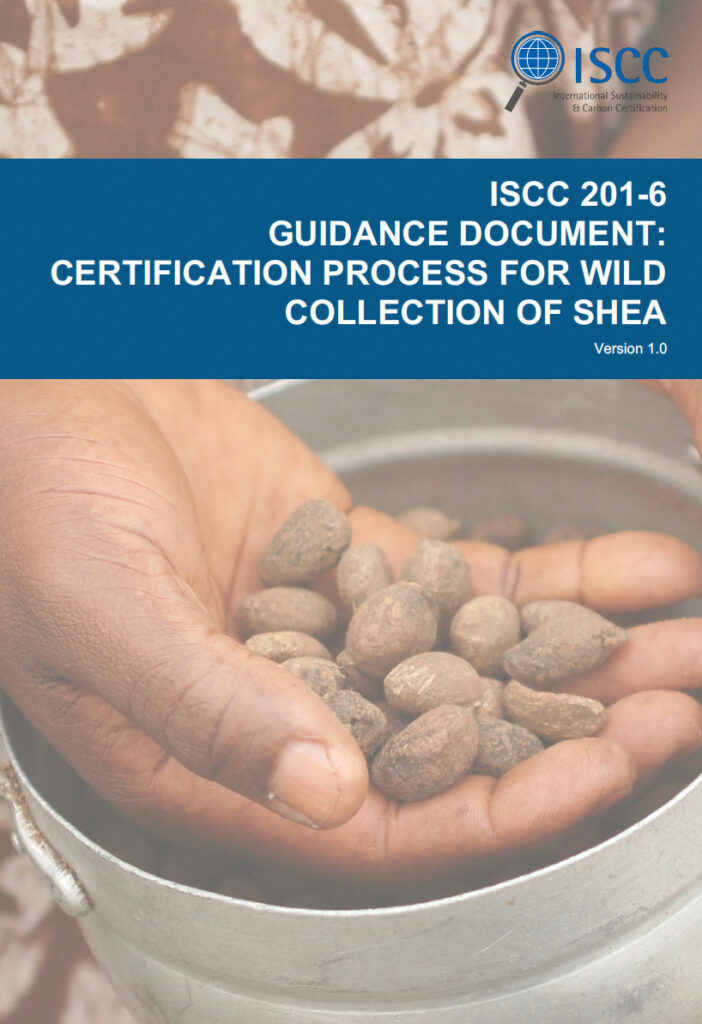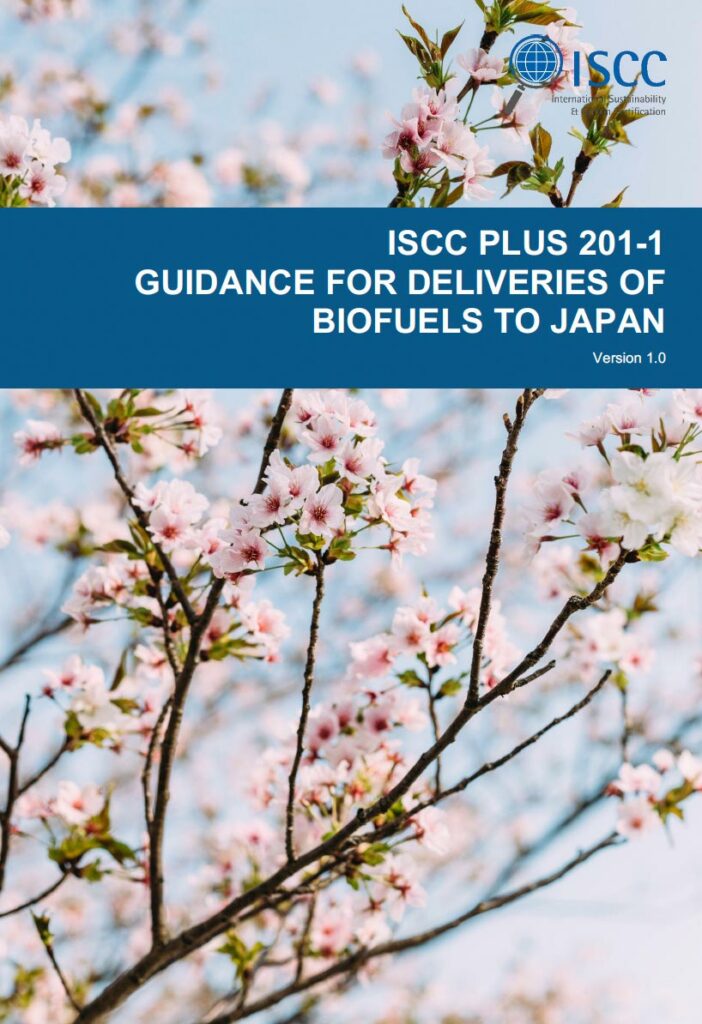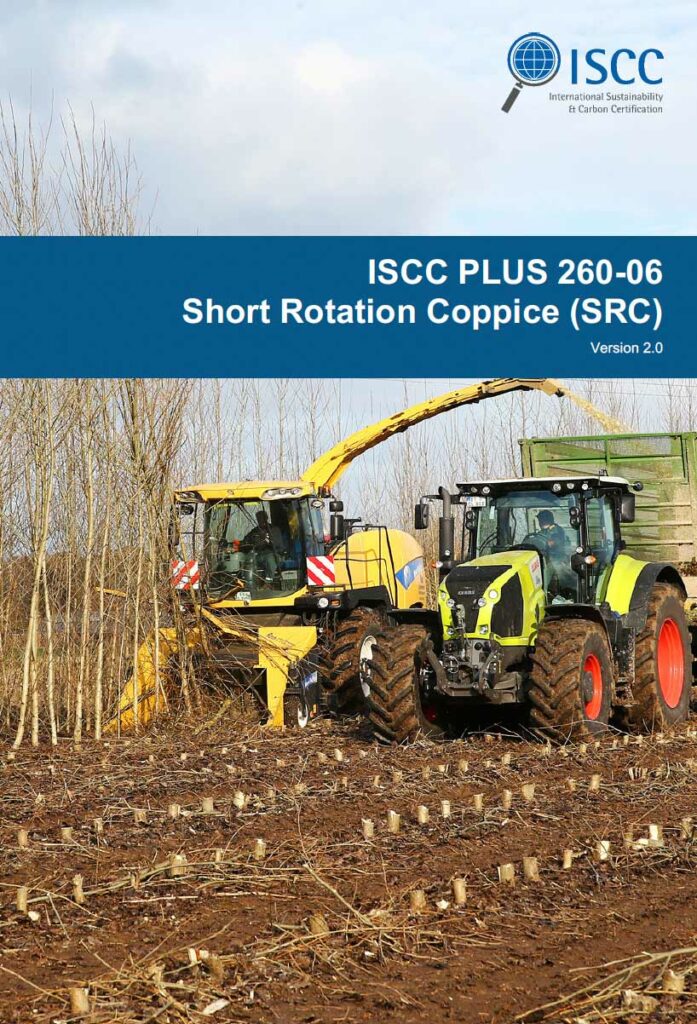ISCC System Documents
On this page you find the ISCC System Documents and further ISCC Guidance Documents defining the general and technical requirements for each system. Documents on the Add-ons to be applied voluntarily under ISCC are also listed here.
Important Information
Please note that ISCC communicates updates and adjustments of the ISCC requirements in System Updates until they are incorporated into the ISCC System Documents . Please ensure that you are aware of any adjustments of the ISCC requirements as communicated through the ISCC System Updates.
ISCC EU
The following documents constitute the system basics of the ISCC EU certification system applicable as of 01 July 2021. These versions of the documents have been submitted to the European Commission in the framework of the recognition process of ISCC EU under the RED II. Please also note that the documents may be subject to change depending on further legislation and further requirements of the European Commission. At the beginning of each document, you find a comprehensive summary of changes compared to the previous version.
High-level overview of update of ISCC EU System Documents
ISCC EU 102 Governance
This document lays down the general principles according to which the ISCC is governed globally. It specifies the goal and internal structure of ISCC, as well as the relationship between ISCC and its stakeholders.
ISCC EU 103 – Requirements for Certification Bodies and Auditors
This document lays down the requirements for Certification Bodies to become recognised by ISCC, and the duties of ISCC-recognised CBs performing certification services for ISCC. Furthermore, this document lays down the requirements for and necessary qualifications of auditors conducting ISCC audits.
ISCC EU 201 – System Basics
The basics of the ISCC system are explained in this document, including the scope, the working procedures of ISCC and the certification process.
ISCC EU 202-1 – Agricultural Biomass: ISCC Principle 1
Biomass used in food, feed, chemical and energy markets should be produced in a sustainable way. This document then explains how the production of biomass should follow best environmental, social and economic practices.
ISCC EU 202-2 – Agricultural Biomass: ISCC Principles 2-6
ISCC Principles 2-6 contribute to the sustainable
cultivation of biomass and their products to support the reduction of environmental impacts, more efficient resource use and an increasing capacity for climate change adaptation and mitigation as well as climate resilience.
ISCC EU 202-5 – Waste and Residues
This document provides the definitions, legal framework and verification process for verifying if materials meet the definition for waste and residues.
ISCC EU 203 – Traceability and Chain of Custody
The requirements described in this document apply to all elements of the supply chain of sustainable materials that have to be covered by certification (farms or plantations, point of origins of wastes and residues, first gathering points, central offices, collecting points for waste and residues, processing units, and traders and storage facilities).
ISCC EU 204 – Risk Management
The scope of this document covers the requirements on how the risk management process under ISCC is applied to all activities of ISCC and the implications of risks for ISCC audits.
ISCC EU 205 – Greenhouse Gas Emissions
The purpose of the document “Greenhouse Gas Emissions” is to explain the options for stating greenhouse gas (GHG) emission values along the supply chain and to provide the methodology, rules and guidelines for calculating and verifying GHG emissions and emission reductions.
ISCC PLUS
Please note that the ISCC EU System Documents also serve as system documents for the ISCC PLUS scheme. The few differences and requirements that are specific to ISCC PLUS are described in the ISCC PLUS System Document, which is an additional compulsory source of information to the ISCC EU System Documents for a certification under ISCC PLUS.
ISCC PLUS System Document
This document presents the ISCC PLUS certification system, including governance, system basics and the certification scopes.
ISCC EU 202-4 – Forest Biomass: ISCC Principles 2-6
The document applies to all kinds of forest biomass which shall be supplied as sustainable under ISCC. These Principles can be already used under ISCC PLUS to demonstrate sustainable forest management.
ISCC CORSIA
The following documents constitute the system basics of the ISCC CORSIA certification system applicable as of 01 January 2024. These versions of the documents have been submitted to ICAO in the framework of the recognition process of ISCC CORSIA under the ICAO CORSIA scheme. Please also note that the documents may be subject to change depending on the continuous development of CORSIA by ICAO. At the beginning of each system document, you will find a comprehensive summary of changes compared to the previous version.
ISCC CORSIA 102 – Governance
ISCC CORSIA System Document 102: principles according to which the ISCC systems are governed globally. It specifies the goals and internal structure of ISCC, as well as the relationship between ISCC and its stakeholders.
ISCC CORSIA 103 – Requirements for Certification Bodies and Auditors
The document specifies the requirements for certification bodies to become recognised by ISCC and requirements and necessary qualifications of auditors conducting ISCC CORSIA audits.
ISCC CORSIA 201 – System Basics
Describing the ISCC CORSIA Certification System, the document outlines the certification criteria (sustainability requirements, traceability and life cycle emissions), relevant participants in the certification system and the registration and certification procedure.
ISCC CORSIA 201-1 – Waste, Residues, By-products
The document provides the principles for the certification of raw materials and feedstocks qualifying as waste, residues and by-products, their supply chains and specific certification requirements that may differ from crop-based biomass.
ISCC CORSIA 202 – Sustainability Requirements
The document explains the sustainability requirements that are valid for farms or plantations.
ISCC CORSIA 203 – Traceability and Chain of Custody
This document describes the requirements for traceability and chain of custody applicable to all elements of an ISCC CORSIA supply chain handling sustainable material.
ISCC CORSIA 204 – Audit Requirements and Risk Management
This document lays down how to conduct audits under ISCC CORSIA, including adjusting audit intensity in accordance with the risk management process.
ISCC CORSIA 205 – Life Cycle Emissions
The intention of the document “Life Cycle Emissions” is to provide the methodology, rules and guidelines for calculating, reporting and verifying emissions reductions. The methodology described here is based on the ICAO Document “CORSIA Methodology for Calculating Actual Life Cycle Emissions Values” (2022). It further lays down the basic requirements for low LUC risk certification under ISCC CORSIA.
ISCC CORSIA 206 – Group Certification
This document specifies requirements for the certification of groups, including the principles for sampling.
ISCC CORSIA Guidance Document
ISCC CORSIA – Guidance for Low Land Use Change (LUC) Risk Certification
Building on the requirements for low LUC risk certification under CORSIA laid down in ISCC CORSIA System document 205 (please see above), this guidance document provides additional guidance on eligible low LUC risk practices, their verification as well as on the general low LUC risk certification.
ISCC Solid Biomass NL
Please note that the ISCC EU System Documents also serve as system documents for the ISCC Solid Biomass NL scheme. The differences and requirements that are specific to ISCC Solid Biomass NL are described in this document which is an additional compulsory source of information to the ISCC EU System Documents for a certification under ISCC Solid Biomass NL.
ISCC Solid Biomass NL
This document specifies ISCC requirements for sustainable solid biomass to be certified under the scheme ISCC Solid Biomass NL.
ISCC Japan FIT
The ISCC Japan FIT is a system of incentives for the production of renewable electricity in Japan which includes subsidies for the procurement of palm kernel shells and palm trunks.
ISCC Japan FIT – Palm Kernel Shells and Palm Trunks
This document specifies ISCC requirements for System Users producing, procuring and importing palm kernel shells and palm trunks into Japan under Japan’s Feed in Tariff (FIT) system.
ISCC Japan FIT: Principles and Criteria – Palm Kernel Shells and Palm Trunks
This document provides the respective ISCC Principles and Criteria that need to be complied with by the economic operators wanting to deliver their palm kernel shells and palm trunks into the Japanese market.
ISCC Japan FIT – Sustainable Palm Oil
This document specifies ISCC requirements for System Users producing, procuring and importing sustainable palm oil into Japan under Japan’s Feed in Tariff (FIT) system.
ISCC Japan FIT: Principles and Criteria – Sustainable Palm Oil
This document provides the respective ISCC Principles and Criteria that need to be complied with by the economic operators wanting to deliver sustainable palm oil into the Japanese market.
ISCC Non-GMO Food and Feed
ISCC for Non GMO Food and Feed
The objective of this document is to set requirements for a labelling of “NonGMO food and feed” products in accordance with the EC Genetic Engineering
Implementation Act §3a and 3b (EGGenTDurchfG). It is globally applicable.
ISCC Guidance Documents
The following documents shall provide further guidance for the certification of particular materials or processes. The guidance documents supplement the ISCC System Documents. ISCC may adjust these guidance documents, especially to incorporate adjusted regulative requirements.
ISCC Guidance Document: Waste and Residues from Palm Oil Mills
Guidance Document for the Audit of Waste and Residues from Palm Oil Mills.
ISCC Guidance Document: Wastewater from Ship Transport
Guidance Document for the audit of wastewater from ship transport.
ISCC Guidance Document 202-9: Algae Cultivation
Guidance Document for the Audit of Waste and Residues from Palm Oil Mills.
ISCC Guidance Document 201-5: Independent Smallholders
Guidance on the certification of Independent Smallholders.
ISCC Guidance Document 203-01: Co-Processing Requirements
Guidance on relevant requirements that must be fulfilled for the simultaneous co-processing of sustainable bio and fossil feedstocks to be in compliance with ISCC.
ISCC Guidance Document 201-6: Wild Collection of Shea
ISCC Guidance Document 201-1: Deliveries of Biofuels to Japan
Provision of guidelines for the certification of biofuel deliveries to Japan.
ISCC Guidance Document 260-01: Short Rotation Coppice (SRC)
Guidance on special provisions for short rotation coppice (SRC).
ISCC CORSIA Guidance Document: Low Land Use Change (LUC) Risk Certification
Building on the requirements for low LUC risk certification under CORSIA laid down in ISCC CORSIA System document 205 (please see above), this guidance document provides additional guidance on eligible low LUC risk practices, their verification as well as on the general low LUC risk certification.
ISCC Add-On Documents
Add-ons to be Applied Voluntarily under ISCC
Add-on 202-03: SAI Gold
This document provides information on the extra steps system users that desire to achieve Sustainable Agriculture Initiative’s gold standard must follow, as it is beyond the current ISCC scope.
Add-on 205-01: GHG Emissions
Please see ISCC PLUS System Document.
Add-on 205-02: Consumables
The intention of this document is to designate relevant consumables of production processes and to provide a framework for an independent verification.
Add-on 205-03: Non GMO Food Feed
This document describes the requirements for supply chain elements, for which the requirements regarding production, supply and distribution of material considered for a Non GMO for Food & Feed certification, apply.
Add-on 205-04: Non GMO Technical Markets
This document provides guidance on requirements for producers of non-GMO materials for receiving the ISCC certification of non-GMO for technical markets.
Add-on 205-06: Electricity and Heat from Biogas Plants
This document describes requirements for biogas plants, converting sustainable biomass into electricity and heat.
